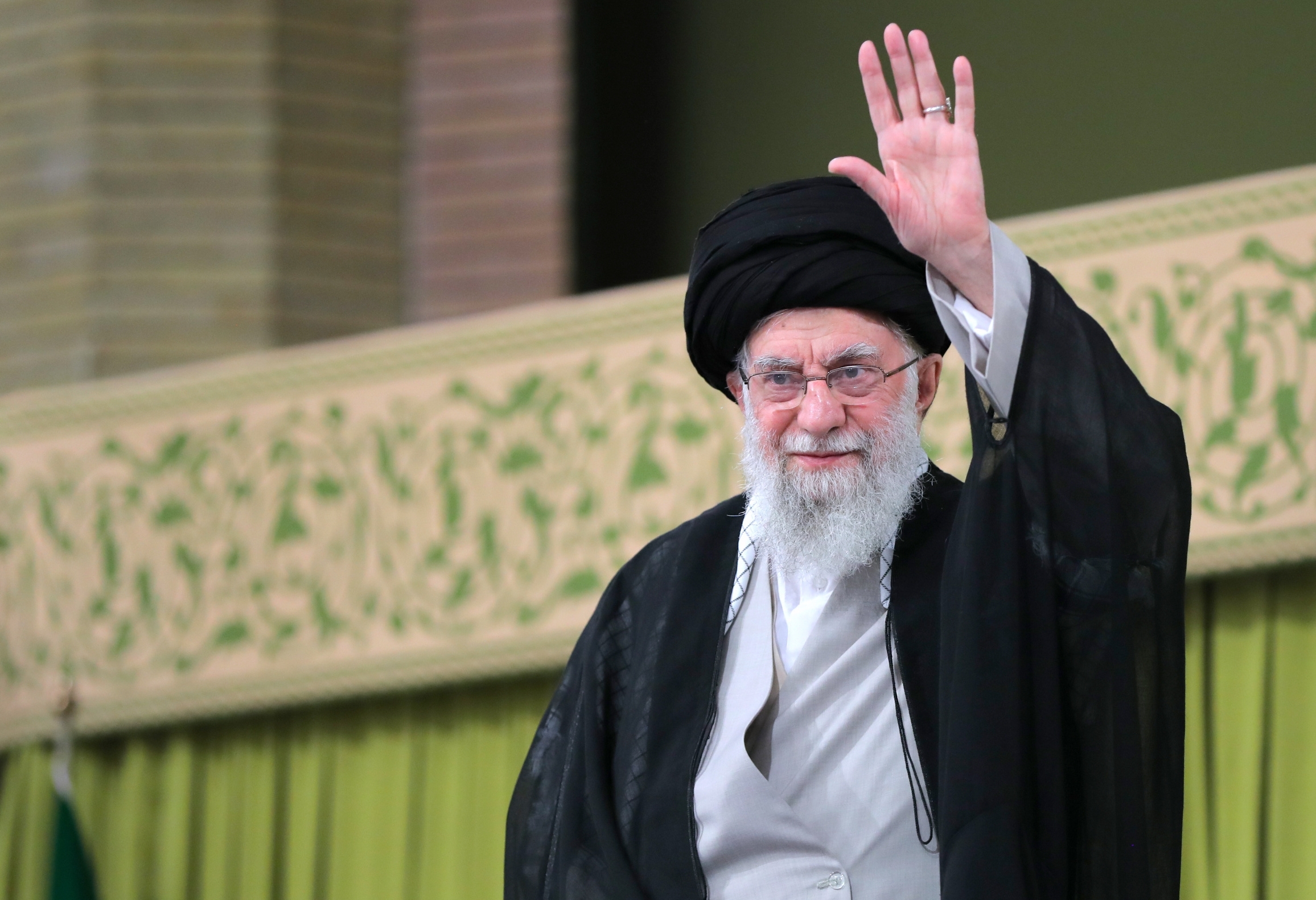Oil Prices Surge as OPEC+ Postpones Output Increase
Oil prices experienced a notable increase of over 2 percent following OPEC+’s decision to once again postpone plans to ramp up production.
Eight members of OPEC+, which comprises the Organisation of the Petroleum Exporting Countries and allies like Russia, announced they would extend production cuts for an additional month, despite earlier intentions to boost output by 180,000 barrels per day starting in December.
This planned increase is part of a broader strategy to gradually unwind a total of 2.2 million barrels per day in production cuts by 2025.
Although this decision was anticipated—given the recent decline in oil prices due to disappointing demand across Asia—the price of oil surged by more than $1.93 per barrel, or 2.6 percent, reaching $75.07 per barrel by 6 PM on Monday.
This delay follows an earlier postponement of the output increase from October, triggered by falling oil prices. Furthermore, ongoing tensions in the Middle East have not worsened, contributing to the drop in prices.
Last week, Israel carried out missile strikes targeting Iran but intentionally avoided hitting the country’s oil and nuclear sites. In response, Iran’s supreme leader, Ali Khamenei, opted not to announce immediate vengeance but cautioned that the attacks should not be treated as either exaggerated or minimized. This statement resulted in a drop of approximately 6 percent in oil prices that day.

Analysts from BNP Paribas indicated that if OPEC+ does not alter its approach, the first prospect of unwinding these cuts may not occur until the third quarter of next year, when crude oil markets typically see higher activity. Until then, the analysts believe market conditions are unlikely to support lifting production cuts.
Additionally, Saudi Arabia reported a budget deficit of 30 billion riyals (approximately £6 billion) in the third quarter, as its revenue was impacted by decreasing oil prices, according to a statement from the finance ministry issued on Monday.
In conjunction with its announcement regarding the delay, OPEC reaffirmed its awareness of recent commitments from Iraq, Russia, and Kazakhstan to adhere to the existing production cuts.
There has been an increased scrutiny on compliance from certain member countries, especially Iraq and Kazakhstan, which have been producing above their quotas and have pledged to implement additional cuts as compensation.
BNP Paribas analysts observed that while there are signs of improved compliance from Iraq and Kazakhstan, both nations still have substantial ground to cover in executing the required compensation cuts. Additionally, evidence suggests that Kazakhstan’s production is on the rise again, following an early completion of necessary maintenance operations.
Despite the deferment, the remaining OPEC+ production cuts totaling 3.66 million barrels per day will remain in effect until the end of 2025, as per an agreement reached in June. A full meeting of the OPEC+ ministers is scheduled for December 1 to determine future policy for the coming year.




Post Comment